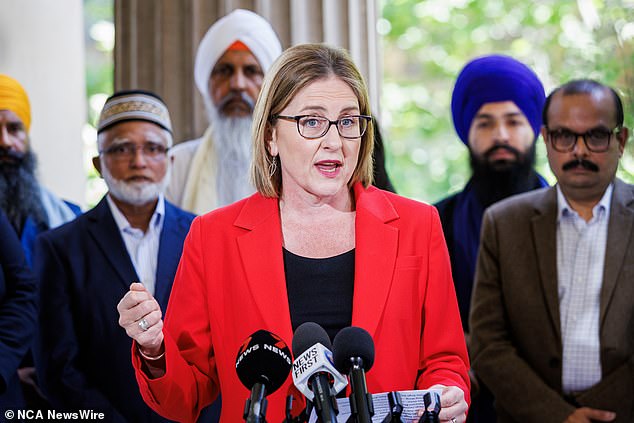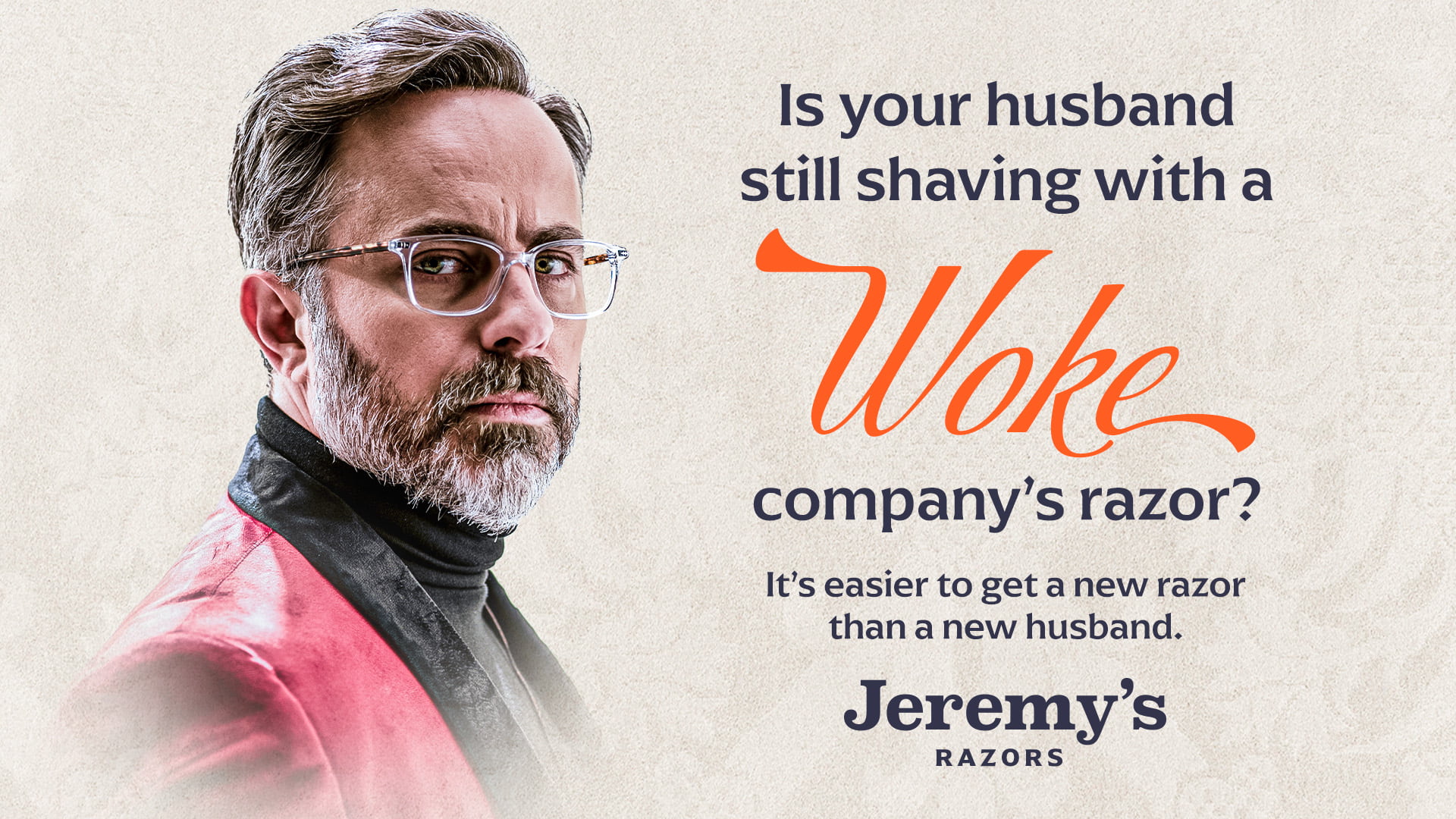An elected First People’s state assembly wants a say in how Indigenous history is taught in schools with a truth-telling inquiry to have ongoing input.
Victoria’s First Peoples’ Assembly, which is beginning negotiations on a treaty between it and the state government on Thursday, said it wasn’t seeking to make specific changes to the curriculum but to have an ongoing role in its development.
Assembly co-chair Rueben Berg said the work of the state’s Indigenous truth-telling inquiry, called the Yoorrook Justice Commission, should be incorporated into history lessons and and with the body making decisions on what is taught.
To do this the body could draw on a ‘huge range of expertise’ from Indigenous Victorians, Mr Berg told The Guardian.
Victorian premier Jacinta Allan has previously said the truth-telling commission’s findings could be included in curriculum to teach children about the state’s past and about persisting inequalities.
Modelled on South Africa‘s post-apartheid ‘Truth and Reconciliation’ hearings, Yoorrook has the same powers as a royal commission and can subpoena documents and summon witnesses.
While it does not exercise judicial power, it can refer information about alleged crimes to law enforcement authorities.
Allen gave public testimony to the Commission in April.

‘The Premier shared her reflections on how the state’s history had deliberately excluded the “bloody stains of colonisation” for too long,’ the October Assembly annual report stated.
Mr Berg said he wanted Victoria to experience truth-telling beyond the work of the commission and proposes ‘place-based’ sessions.
‘We can actually ensure that truth-telling goes out to different towns and different regions and is able to describe the cumulative impact of all those different things on those particular regions so that everyone who lives in that area can have an understanding about the impact of colonisation,’ he said.
Mr Berg also said the assembly was ready to take up a broader role in determining indigenous place names.
‘We want to remove some of the barriers that exist in the process of dual-naming,’ he said.

The Assembly’s annual report released in October said that well as a statewide treaty there will be separate Traditional Owner Treaties in regions across Victoria to ensure ‘local knowledge can inform decision-making at a community level’.
In its negotiations The Assembly also seek ‘the power to hold the Victorian Government to account for its promises and the ability to scrutinise policies, practices and services to make sure they are up to scratch and delivering for mob’.
A treaty should also say how and when recommendations from the Yoorrook Justice Commission will be implemented.
Other proposals put up by the 33-member elected assembly include earlier access to seniors cards for First Nations Victorians, community-owned and managed public housing and a public holiday to celebrate Indigenous culture and history.
Ms Allen said there was no timeframe on treaty negotiations and any deal struck would have to pass parliament.
Following the defeat of the Indigenous Voice to Parliament, which was opposed by a majority of Victorians and well as going down nationally, the Opposition withdrew its support from the treaty process.

